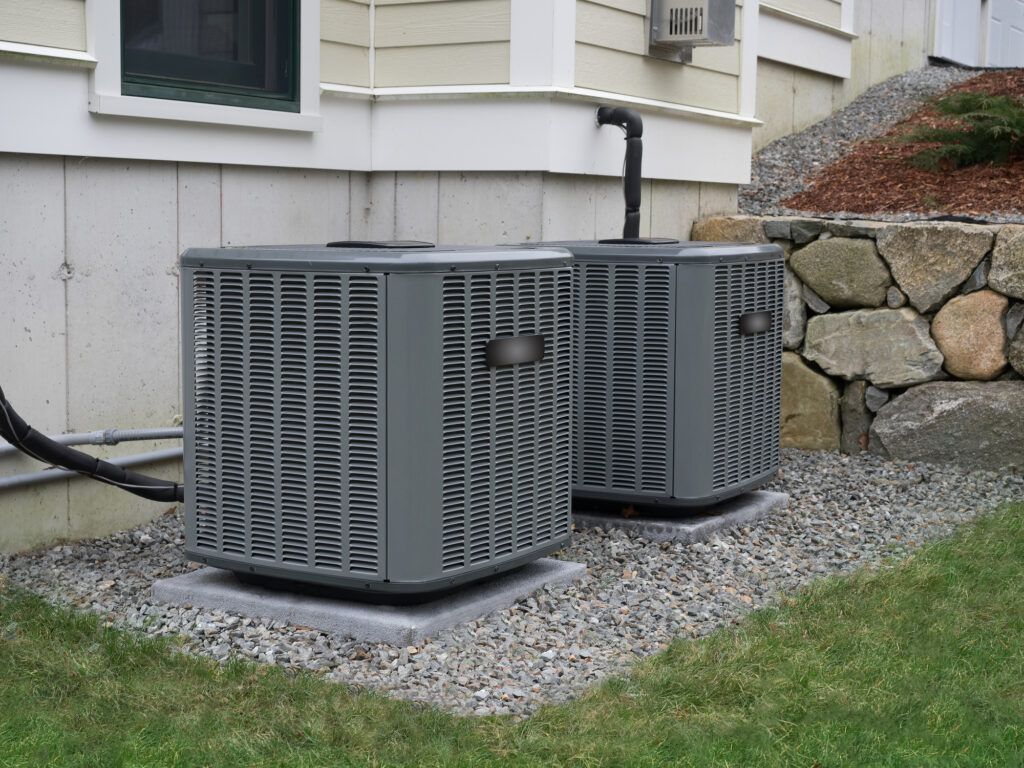When spring becomes summer and the air begins getting warmer, there are plenty of times when warm spots will heat up a few days and then the cooler air returns for a while. These days of warmer air means demands are placed on air conditioners all over the country.
With almost 185 billion kilowatt-hours worth of energy being spent just within the U.S., you can see why many are scrambling to find better solutions to air condition their homes and businesses. So the question remains, how do we cut back on energy consumption while still using our current technologies?
One answer is to make sure whatever air you are cooling is kept in the home where it should be, and not leaking out through windows, under or around doorways, or up through the attic.
Home weatherproofing takes care of all these areas where your home may be leaking out your expensive cold air. In fact, up to 30% of your energy flows right through your home’s windows. By just replacing the windows with energy efficient windows, you can cut your energy costs way down.
Making sure the windows are caulked and sealed properly is a necessary step in weatherproofing. Even on newer windows, your home can leak out about 25% of your treated air if the windows aren’t sealed right.
But for air conditioning purposes, one of the best ways you can save on energy usage is to be sure your air conditioner stays in great shape.
Having the air conditioning system inspected, all the parts cleaned and lubricated where needed, and everything functioning as it should will save you a lot of money when compared to a unit that’s been neglected and has to run stressed.
An inspection done by a professional HVAC technician can also tell you whether you have the right equipment installed for your home and how long it should last you.
The wrong equipment can mean your unit labors even when brand new, so you want to be sure your unit is sufficient for your square footage and that any humidity problems are addressed.
Humidity in the air inside your home should remain at a certain level. If too low, the air gets dry and uncomfortable, if too high it can destroy the building materials in the home. Plus, differences in humidity play a factor with how cool or hot the air feels.
All around, there are a few ways we can deal with our energy waste that we’re already experiencing in our homes while we wait for more improved methods of cooling off our homes. Air conditioning tune ups are the way to start, along with some good old fashioned weatherproofing.

